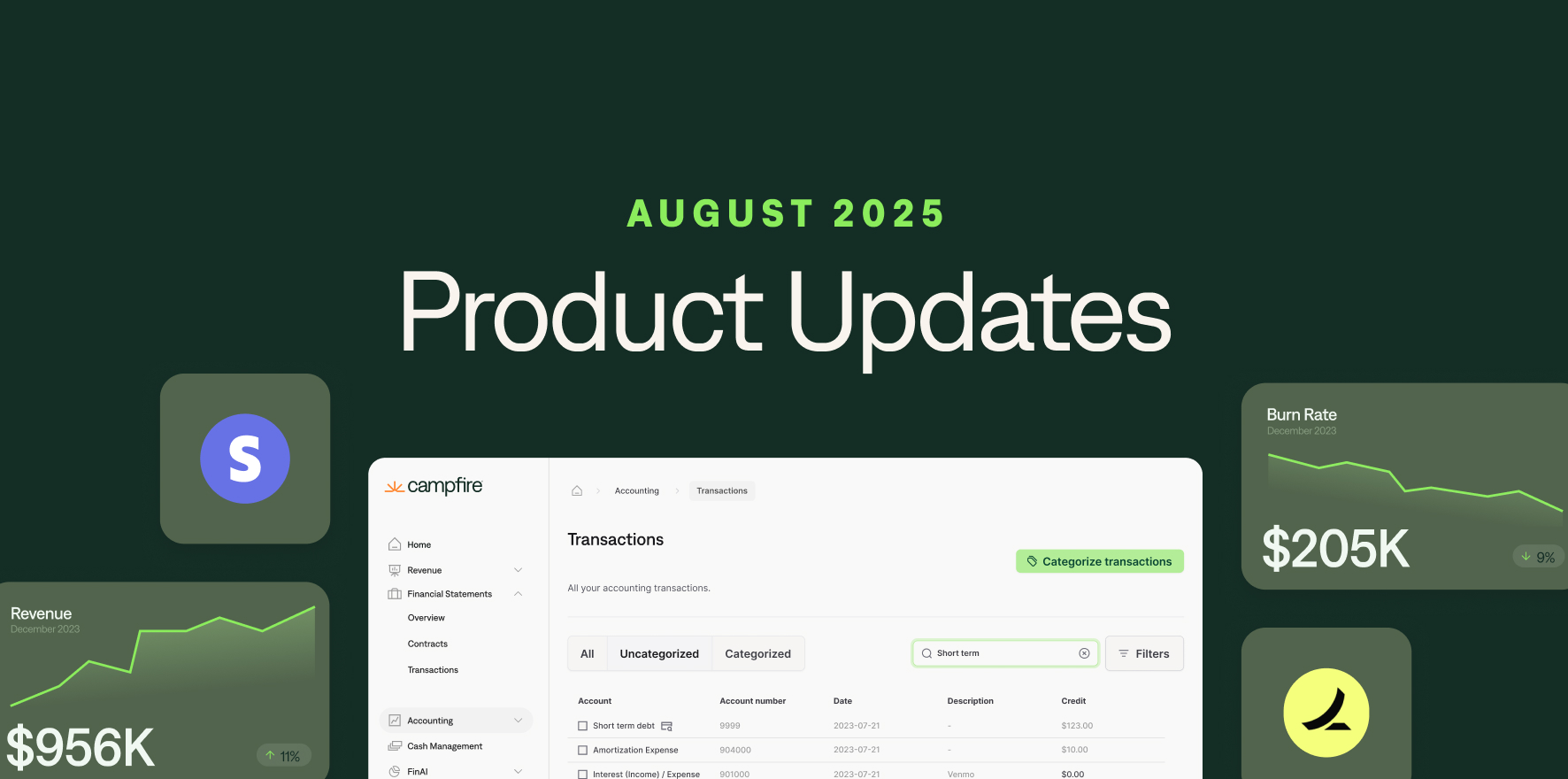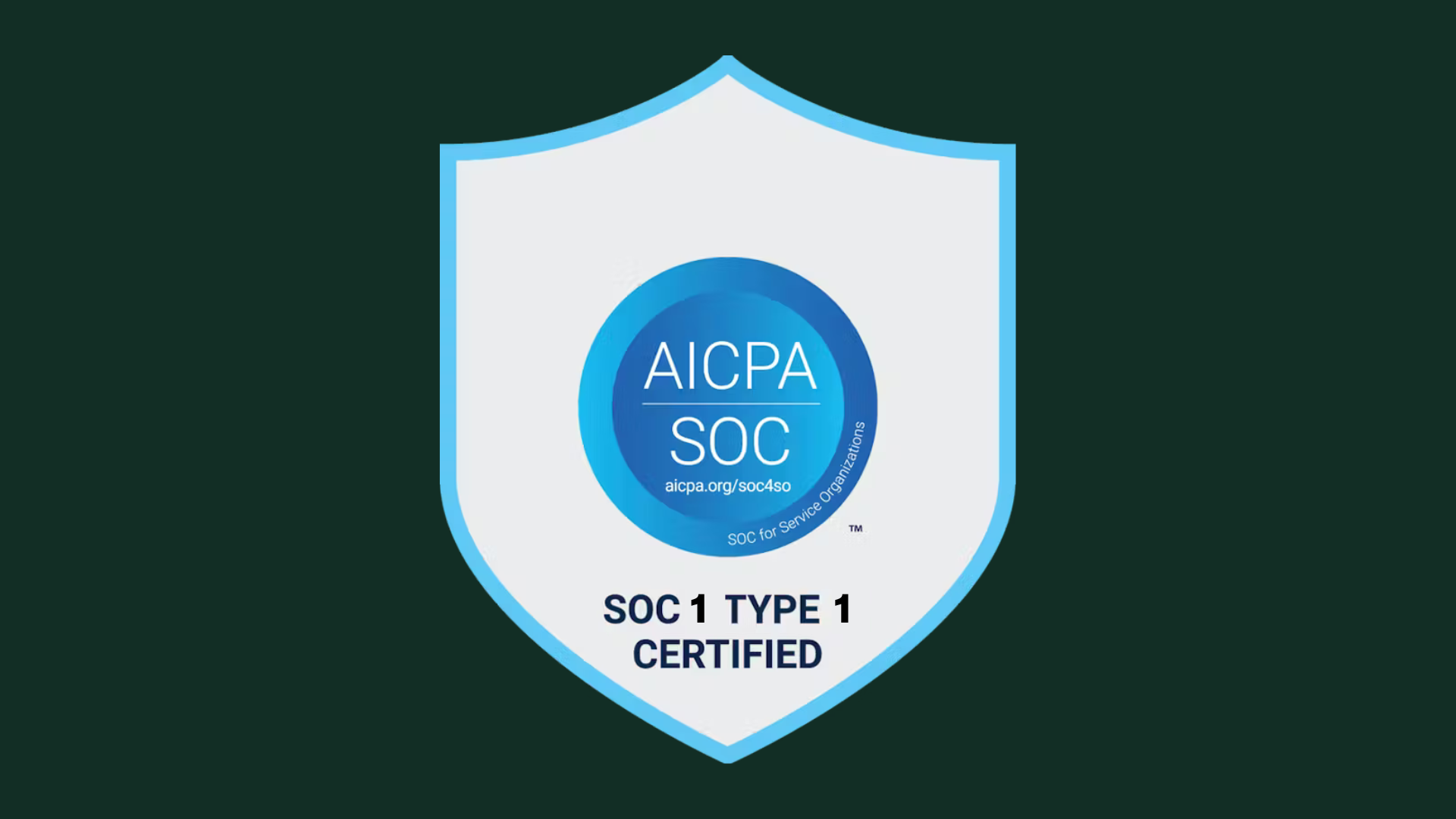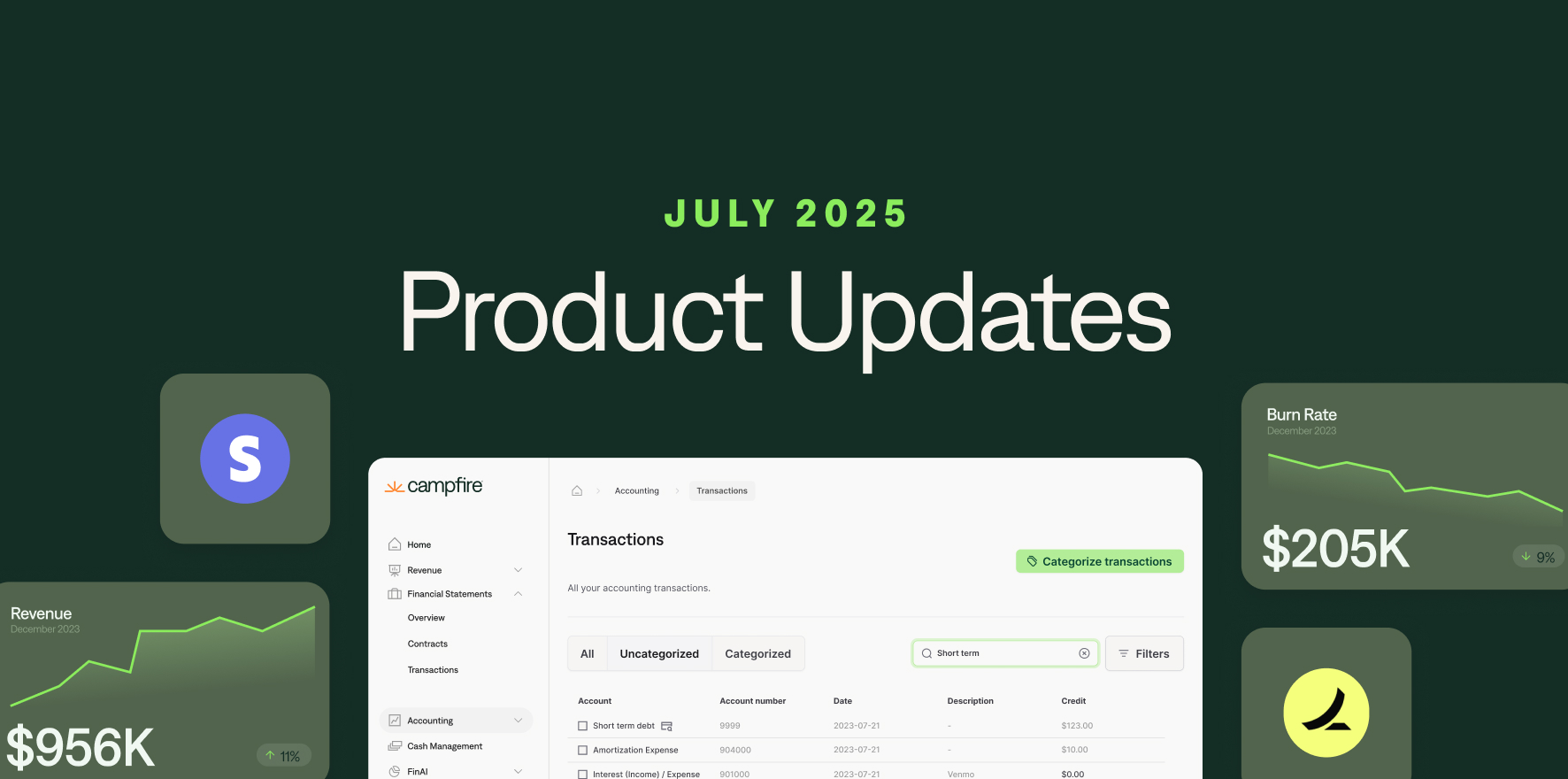Rakib Azad: IPO Lessons, Fundraising Playbooks, and Building AI-First Finance Teams


My team recently co-hosted a CFOs & Sushi lunch alongside our partners at Ramp and Abacum, where I had the opportunity to sit down with Rakib Azad, CFO at Alkira.
Over Rakib’s 20+ year finance career, he’s seen (and built) it all:
Took MongoDB public serving on the core team that executed the company’s $1.2B IPO
Scaled Chainalysis through Series C–F, growing the finance org from 3 to 30 people and raising $470M along the way
Raised $100M Series C at Alkira
Rakib’s career arc reflects the evolution of modern finance: from headcount-heavy teams and duct-taped systems to lean, AI & automation-first organizations.
He was generous enough to share what he’s learned along his journey - from what it takes to scale finance teams, to going public, and embracing the next generation of AI-native tooling.
Here’s what we explored:
You’ve accomplished a lot over the course of your career. What were your original career ambitions—and how did they shape your path?
I grew up in FP&A. Early on, I was deep in spreadsheets and headcount modeling—doing the hard, detailed work. That gave me a great foundation, but it also showed me the limitations of traditional tooling. At MongoDB, I had to approve a headcount that honestly hurt—teams of 8 or 9 just to run processes like order-to-cash.
Today, I’d never do that. With modern platforms, I can run that same function with 1-2 people and still get better accuracy. That experience really shaped how I think about scaling teams and investing in tools that form the business, not the other way around.
You helped take MongoDB public. What lessons did you take away from that experience?
One of the biggest wake-up calls came after we went public. Our first quarter as a public company, we found ourselves scrambling—literally up until 3am on quarter close—trying to calculate our billings. It turned out our systems couldn’t give us real-time visibility, which was a problem because Wall Street was already making estimates.
It wasn’t about the finance team—we had great people. It was that our infrastructure wasn’t designed for scale and scrutiny of life as a public company. That’s the biggest lesson: you can’t wait until you're public to build scalable, automated systems. You need to start years in advance—because once you're public, the stakes and the spotlight are much higher.
What about fundraising? You’ve helped raise major rounds at both Chainalysis and Alkira.
I’ve always believed a data room should answer questions before they’re asked. At Chainalysis, we kept hearing from VCs: “This is the best data room we’ve seen.” And it wasn’t stuffed with information. It just had the right metrics that painted a digestible story—clear cohort analysis, strong retention trends, and minimal fluff.
Today’s investors don’t want more slides—they want sharper insights. The tools we have now make it easier than ever to serve up insights without it being overwhelming.
AI is clearly a passion area for you. How are you thinking about it in your role?
I’m biased toward AI-native platforms. Legacy tools force you to conform to their workflows. Modern AI tools can flex to your business. Alkira’s model is complex—we have Pay as you go, fixed/ratable contracts, and consumption-based pricing. Rigid legacy tooling wasn’t built for that.
But with AI, we’re finally seeing systems that can adapt and scale with your evolving business. We are already using AI to generate potential board slides, draft blog posts, even prep interview questions. We’re even talking about building a knowledge graph for Alkira—something that surfaces insights across our entire universe of data, information, collateral, etc.
How do you build a finance team in this AI-powered world?
I’m intentionally keeping the team lean—we’re relying on outsourced specialists and intelligent automation instead of building out a large in-house org. It’s by design and necessity—we need to stay efficient, and the tools are getting good enough to let us do that.
Eventually, I think we’ll have roles like a virtual AP manager, and I’m confident we’re nearly there. Why have a human pay invoices when an AI agent can follow cash management rules better than any junior hire? What we will focus on hiring are strong AI-forward strategic folks who can help scale the foundation and deliver nuanced insights and analytics built on top of these agentic workflows.
When you’re evaluating your next company—what do you look for?
Three things: strong technical differentiation, founders I trust, and a product that solves a real pain. And now, I’ll add a fourth: how ready they are for AI.
Because the best companies of the next decade won’t just use AI—they’ll be built around it. I want to help shape that.
Written by John Glasgow, CEO & Founder of Campfire
Questions about Campfire? Book a product demo.


